From the Executive Director: Strengthening Teacher Knowledge Globally—TESOL Teacher Training in Uzbekistan
by Christopher Powers, TESOL Executive Director
 Through our mission,
vision, and strategic
plan, TESOL International Association seeks to make a global impact
on English language teaching. As the trusted global authority for knowledge and
expertise in English language teaching, we seek to expand our global presence
and connectivity, strengthen TESOL knowledge and expertise, and raise our
voices to advocate for English language teachers and learners. Though we
proudly proclaim our vision and promote our strategies, too often our work
becomes more local than global. So, here I’d like to highlight how we are
connecting English language teachers and bringing TESOL knowledge and expertise
to a part of the world where we have previously had little reach:
Uzbekistan.
Through our mission,
vision, and strategic
plan, TESOL International Association seeks to make a global impact
on English language teaching. As the trusted global authority for knowledge and
expertise in English language teaching, we seek to expand our global presence
and connectivity, strengthen TESOL knowledge and expertise, and raise our
voices to advocate for English language teachers and learners. Though we
proudly proclaim our vision and promote our strategies, too often our work
becomes more local than global. So, here I’d like to highlight how we are
connecting English language teachers and bringing TESOL knowledge and expertise
to a part of the world where we have previously had little reach:
Uzbekistan.
This past
November, we began working with American Councils for
International Education, George Mason University,
and the U.S. Department of
State to support English language teacher development in Uzbekistan
through the English
Speaking Nation: Secondary Teacher Training Program, in close
cooperation with Uzbekistan’s
Ministry of Public Education. The program is part of a larger effort
between the U.S. government and the government of Uzbekistan to improve English
language proficiency and English language teaching. With more than 9,000 public
schools educating 6 million students each year, the scope is massive. Through
our work, we hope to reach 1,000 English language teacher trainers and more
than 15,000 secondary school English teachers in Uzbekistan. The goal of the
project is to improve the proficiency and pedagogic skills of English language
teachers and, ultimately, improve English language outcomes among Uzbekistan
public school graduates.
Our work on
the project will be multifaceted. It will incorporate a needs assessment, where
we will visit public schools and conduct focus groups with English language
teachers and school leaders in order to contextualize our professional
development offerings. It will also involve a series of cascading professional
development opportunities, including the TESOL
Core Certificate Program™, the 6 Principles for
Exemplary Teaching of English Learners® Professional Development
Program, collaboration with George Mason University to support the delivery of
a Teaching English through English course, and workshops
on leadership skills and action planning. Working with our partners, we will
support cohorts of regional peer mentors to build on this expansion of
knowledge and expertise by providing on-site mentoring and professional
development through regional teacher training centers and schools conducted by
TESOL English language coaches and local teacher trainers.
Through the
project, we hope not only to reach those teachers we are able to educate
directly, but to leverage our resources and help build the capacity of the
local English language teacher community. As we all know, local connectivity is
just as valuable as global connectivity. So, while we are pleased that this
project will welcome many of our ELT colleagues in Uzbekistan into the broader
TESOL community as new members, we are equally pleased that it will also help
support teachers within their local communities of practice. We also recognize
that professional development, learning, and community require bringing people
together more broadly, so we will be working with our partners to convene a
regional conference in Uzbekistan at the conclusion of this 3-year
project.
This project is a great opportunity for TESOL to expand our
presence to Uzbekistan, provide TESOL knowledge and expertise to teachers in
the region, and help equip the growing teacher presence to advocate for the
profession in the region. TESOL will have ongoing opportunities to support this
project for coaches, instructors, and also regional conference presenters. If
you are interested in being an English language coach, TESOL is now accepting
applications. Watch the TESOL English Language
Bulletin and the TESOL
News page for more opportunities to participate.
Christopher Powers
TESOL Executive Director
Email: cpowers@tesol.org
Twitter: @TESOL_Powers
TESOL Blogs
Interested in writing a blog for TESOL?
Read the submission guidelines and send us your post!
Check out some of the most recent TESOL Blogs:
|
8 Strategies for Teaching Math to English Learners, by Judie Haynes
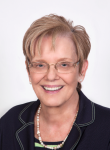
Classroom and ESL teachers often discuss difficulties they encounter when teaching math to English learners (ELs). The first step is to look at the challenges your students face when learning math in English. It’s often said that “math is a universal language,” but in my opinion, it’s not. Teachers need to go beyond teaching students how to add, subtract, multiply, and divide. And even those simple calculations can be taught differently in other cultures. In fact, the cultural backgrounds of our students are rich resources from which mathematical concepts may be developed in English. Here are eight strategies for teaching math to ELs. Read more. |
|
Esports: A Phenomenon Enters the Mainstream—and ELT, by Jeff Kuhn

Wondering how the new experimental card will upend the Overwatch meta? Can anything stop G2’s dominance of LoL’s Summoner’s Rift? Have no idea what any of this means? It’s esports—and it’s becoming the next big thing.
Welcome to another edition of the TESOL games and learning blog! This month, we’ll explore the world of esports, unpacking what it is and what it could mean for your classroom. Read more. |
|
Researching Second Language Writing, by Betsy Gilliland
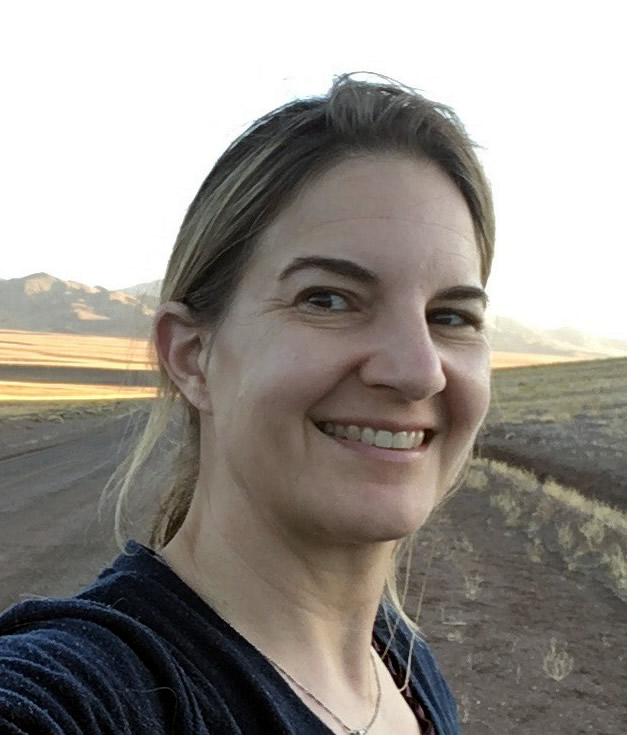 As writing teachers, we read research other people have conducted. During our studies, professors assigned us journal articles and books describing observations of classrooms, analyses of students’ written texts, and interviews with teachers about their work. If you are like I was during my MA degree program (and for many years thereafter), you may have thought research should be large scale, using complicated computer programs to analyze thousands of written texts, or that all research projects should lead to groundbreaking new theories of how we teach and learn to write. As writing teachers, we read research other people have conducted. During our studies, professors assigned us journal articles and books describing observations of classrooms, analyses of students’ written texts, and interviews with teachers about their work. If you are like I was during my MA degree program (and for many years thereafter), you may have thought research should be large scale, using complicated computer programs to analyze thousands of written texts, or that all research projects should lead to groundbreaking new theories of how we teach and learn to write.
It wasn’t until I started studying for my PhD that I understood how individual teachers without specialized training could conduct meaningful research that was interesting beyond their own classrooms. In this blog post, I briefly review some commonly used methods for researching second language writing and then offer readers recommendations for conducting research themselves. Read more. |
TESOL Bookstore

Featured Resources from TESOL Press
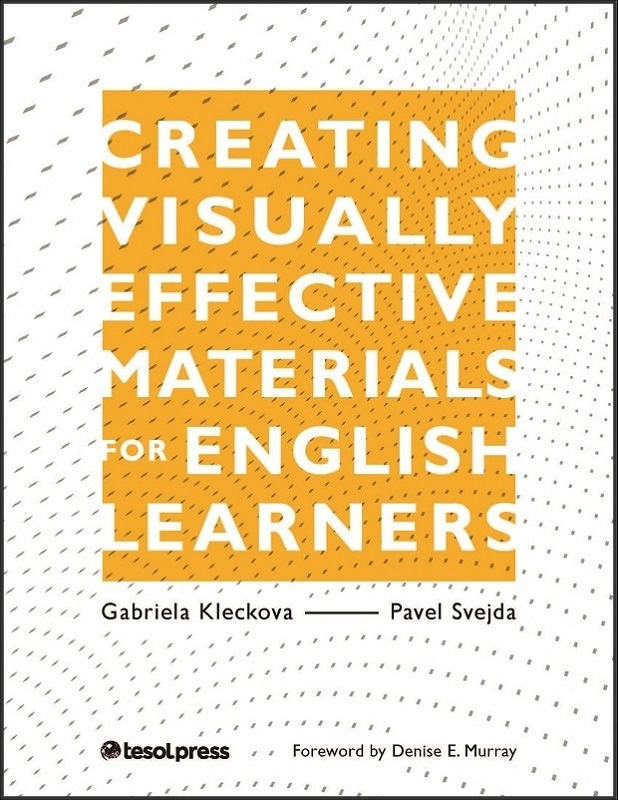 Creating Visually Effective Materials for English Learners
Creating Visually Effective Materials for English Learners
Gabriela Kleckova and Pavel Svejda
This ebook is designed to help meet the needs of TESOL professionals in the areas of visual literacy and communication inside and outside ESOL classrooms. It includes practical ideas for writers and teachers and shows how TESOL practitioners can make their own materials more accessible and appealing to their learners and other audiences.
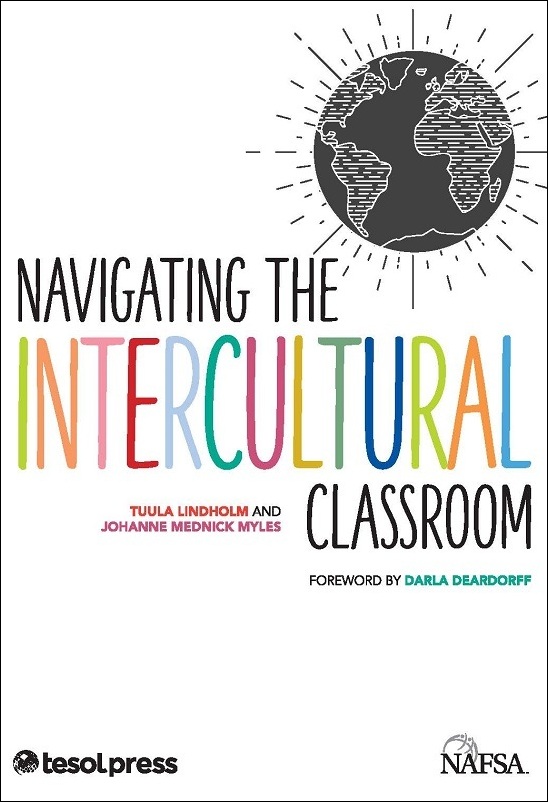 Navigating the Intercultural Classroom
Navigating the Intercultural Classroom
Tuula Lindholm and Johanne Mednick Myles
With a Foreword by Darla K. Deardorff
This book goes beyond theoretical discussions to provide concrete methods for integrating intercultural communicative competence into the language classroom through its inclusion of practical examples, engaging activities, and real-life case studies.
Copublished with NAFSA
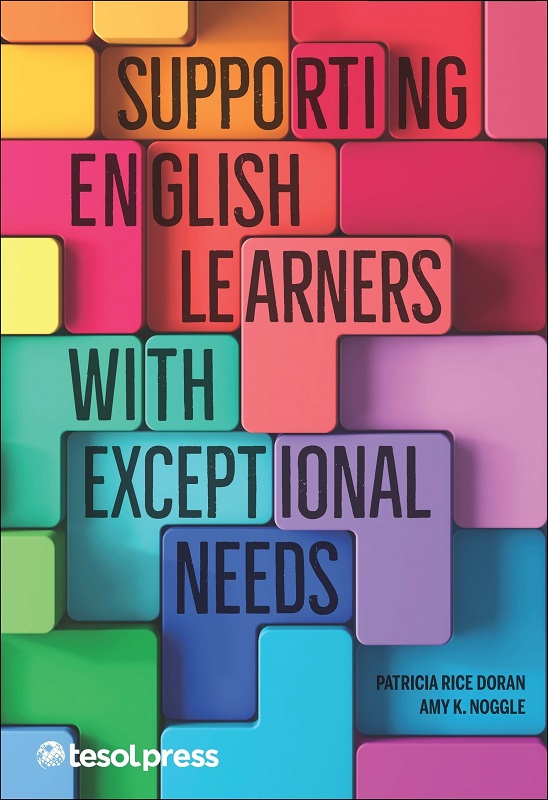 Supporting English Learners with Exceptional Needs
Supporting English Learners with Exceptional Needs
Patricia Rice Doran and Amy K. Noggle With Heather Wayson Wilson, June Lucas Zillich, and Gregory Knollman
Educators working with English learners face challenges beyond teaching academic content in languages new to the students. This book provides a discussion of strengths-based and deficit-based mindsets, collaborative problem-solving, and universal supports for curriculum access.